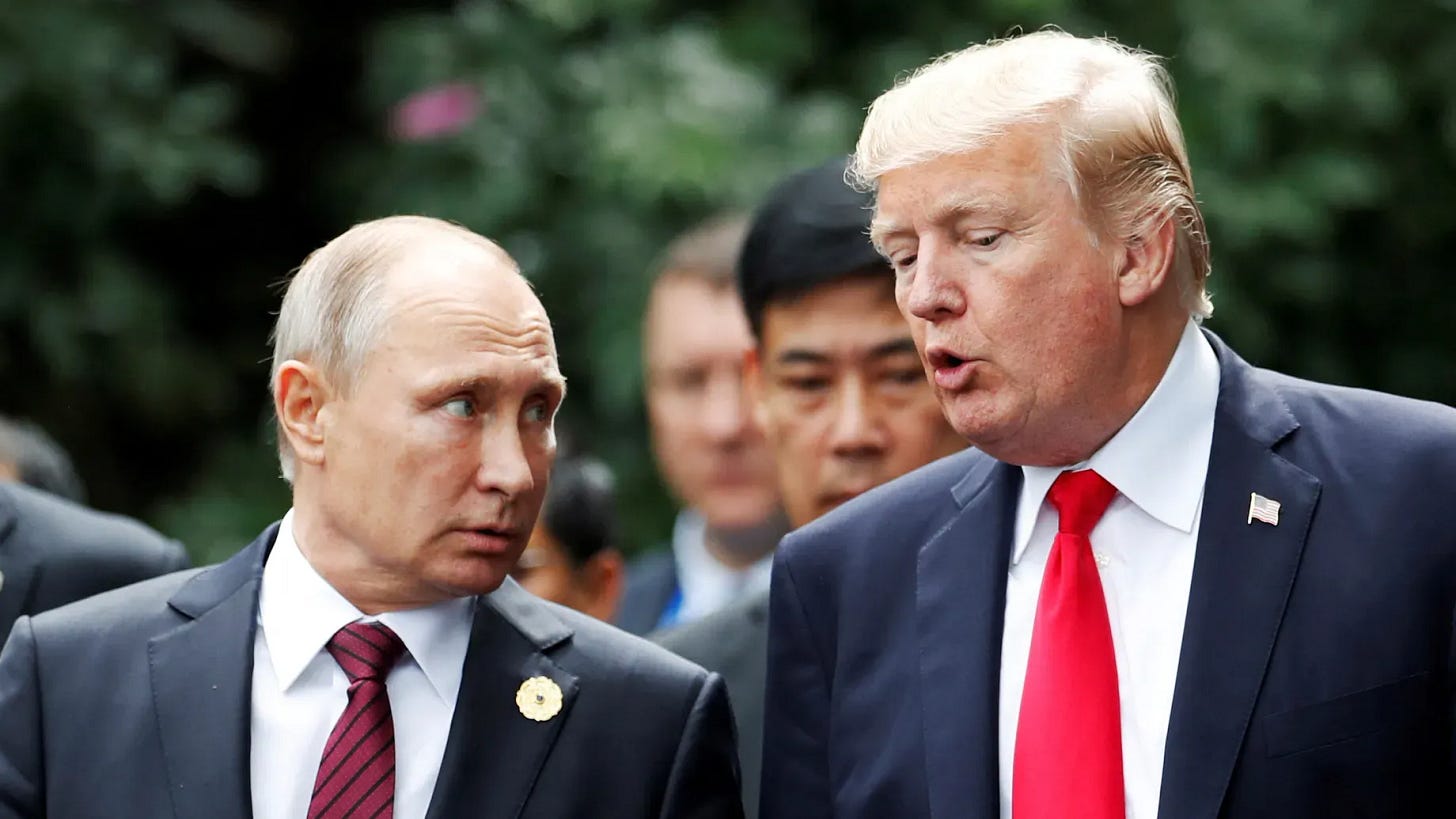Putin Praises Trump as Donbas Lines Give Way
Putin hails Trump's "sincere efforts" ahead of the Alaska summit as Russian forces probe Donbas near Dobropillia. Markets hold steady, but sanctions and oil risk hinge on whether talks deliver a ceasefire or collapse.
What happened?
Ahead of their Alaska summit, Putin publicly lauded Trump's "energetic and sincere efforts" to end the war. In parallel, he told Russian media the US is making "sincere efforts" and floated scope for a nuclear arms deal as part of "strengthening peace." On the ground, Russian forces made a sudden advance near Dobropillia in Donetsk, advancing roughly 10 km and occupying 110 km² in one day—a yearly record. Putin fundamentally believes that additional US pressure won't alter his plans. He was also told by his General Staff that Ukraine's lines could crumble within two to three months, which would further bolster his bargaining stance.
Why does this matter?
Leverage at the table: Fresh gains in the Donbas region raise Moscow's bargaining power just before the talks, narrowing Kyiv's options. At the same time, NATO allies fear a deal that trades territory for a ceasefire.
Sanctions calculus: Trump has warned of "severe consequences" if Putin blocks a deal. However, the only real levers are additional tariffs that could reshape oil flows.
Growth and inflation: Any tariff-style "secondary sanctions" would put pressure on global goods prices at a time when Europe is relying on a prospective Fed rate cut to support risk assets.
What's next?
If talks stall, expect Washington to escalate economic pressure, with oil and EM FX (notably INR) the first barometers. On the battlefield, a further Russian push west of Pokrovsk/Dobropillia would strengthen their negotiating position, and current Russian troop movements indicate additional preparation for a renewed offensive, despite the rhetoric around a ceasefire.
finformant view
Battlefield momentum and the calibrated oil-market risk keeps Moscow in no hurry. The efficacy of tariff-based pressure depends on India's compliance and China's tolerance. A deal that freezes the current frontline remains unlikely, but it would boost risk assets and reduce crude premiums. A breakdown would lead to creeping sanctions and further global escalation risks.



